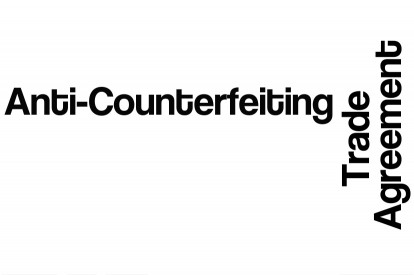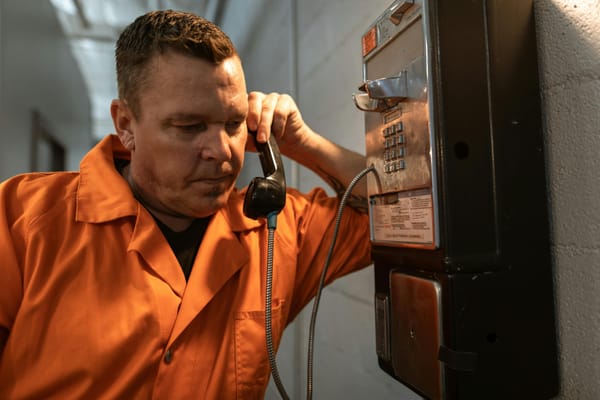Obama Administration Needs To Open Up Secretive Industry-Driven Trade Negotiations, Says Rights Group
SAN FRANCISCO, May 26, 2010 – The Obama administration should include a voice that represents the public’s point of view in its advisory committee for trade negotiations that involve intellectual property, said Public Knowledge, a Washington, D.C. non-profit group in a filing with the Commerce Depar

The Obama administration should include a voice that represents the public’s point of view in its advisory committee for trade negotiations that involve intellectual property, said Public Knowledge, a Washington, D.C. non-profit group in a filing with the Commerce Department Tuesday.
“IP chapters of many international trade agreements have adopted unsettled interpretations of U.S. law to the benefit of rights owners ignoring the policy decisions made in our domestic laws, which promote learning, innovation, and culture by striking a balance between the rights of owners and citizens generally,” wrote Rashmi Rangnath, Public Knowledge‘s director of its global knowledge initiative. “While representatives of the US IP industries such as the pharmaceutical industry, the motion picture industry, and the recording industry have considerable influence in the formulation of these agreements, the American public has had very little input into the process.”
Rangnath pointed to a 2002 GAO report on the issue that highlighted the ongoing problems with the policy formulation process of US Trade agreements.
Public Knowledge submitted its comments as the US participates in negotiations regarding the Anti-Counterfeiting Trade Agreement, which has become controversial in the US because it’s not clear that some of the ideas being floated conform to US law. The agreement seeks to impose harsher penalties against alleged intellectual property infringers in signatory countries’ jurisdictions.
In a March Washington Post Op-Ed piece, Harvard Law professors Jack Goldsmith and Lawrence Lessig called a leaked draft of proposed trade agreement “constitutionally dubious” because the administration is seeking to engage in the agreement without congressional input. Lessig is on Public Knowledge’s advisory board.
The lack of public representation, in addition to the lack of congressional oversight of the ongoing negotiations would seem troubling if a couple of the ideas cited by the professors in their Op-Ed gain traction.
For example, the leaked proposal floats the idea of forcing internet service providers to become online enforcers by kicking their users offline for repeated accusations of infringement. That is a role that US ISPs have vigorously and steadfastly opposed. The leaked draft also proposes the imposition of criminal penalties for ‘inciting’ copyright infringement. The United States has already established its own (different) approach to these issues through existing law, and through precedents established through litigation over the past few years.
The professors predicted that ACTA would be challenged in court if the Obama administration proceeds without checking in with Congress.
Image courtesy of: Wordle.net.









